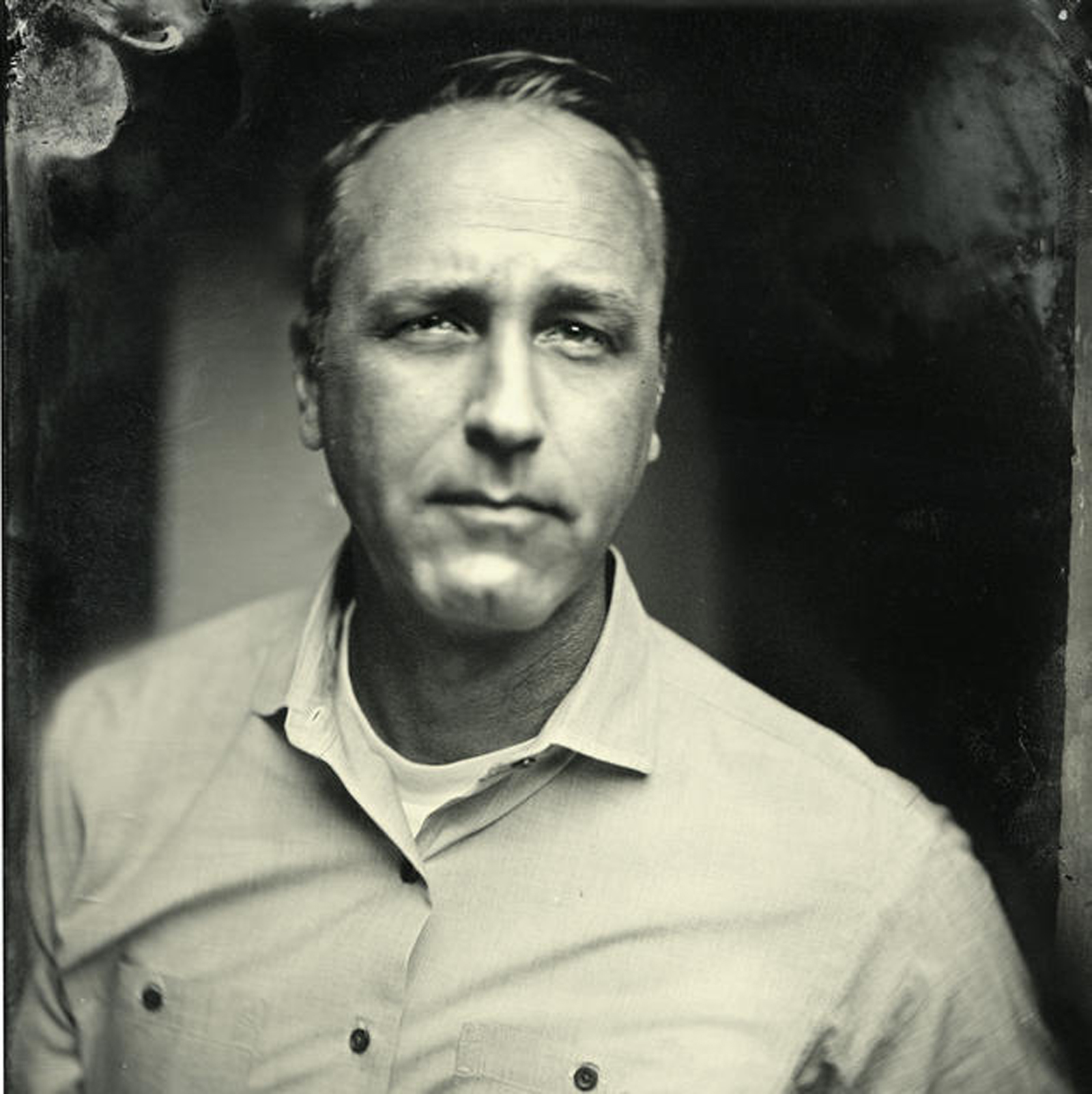The Local newsletter is your free, daily guide to life in Colorado. For locals, by locals.
It’s been a rough 2016 for the news business. Donald J. Trump has repeatedly excoriated the so-called mainstream media as “dishonest,” “disgusting,” and “totally biased,” and as I write this in early September, Hillary Clinton’s supporters are accusing media outlets of “unfairly equating a minor failing of Hillary Clinton’s to a major failing of Donald Trump’s,” according to the New York Times’ public editor Liz Spayd. All of which led one writer to joke on Twitter: “Journalism. It’s a tough job with insane pressure and pretty crappy pay. On the other hand, everybody hates you.” Gallows humor has long been a favorite defense mechanism for reporters, but as senior staff writer Robert Sanchez details in “Postscript”, even that may be in short supply at the Denver Post these days. Following years of buyouts and layoffs, Sanchez—a former Post reporter himself—examines what the shrinking newsroom means for both the newspaper and the residents of Colorado, and it’s a bit frightening. One small example: The Post has decided to dial back its coverage of Denver’s City Council because the editorial leadership wants to deploy its resources elsewhere. No matter whether you like (or don’t like) how the media reports on political players, surely having a journalist in the room is better than no coverage at all. And although the media landscape is constantly evolving, one thing is certain: When watchdogs, like the Post, aren’t able to serve as checks on those in power, the powerful can abuse that void—and we as a community suffer.








